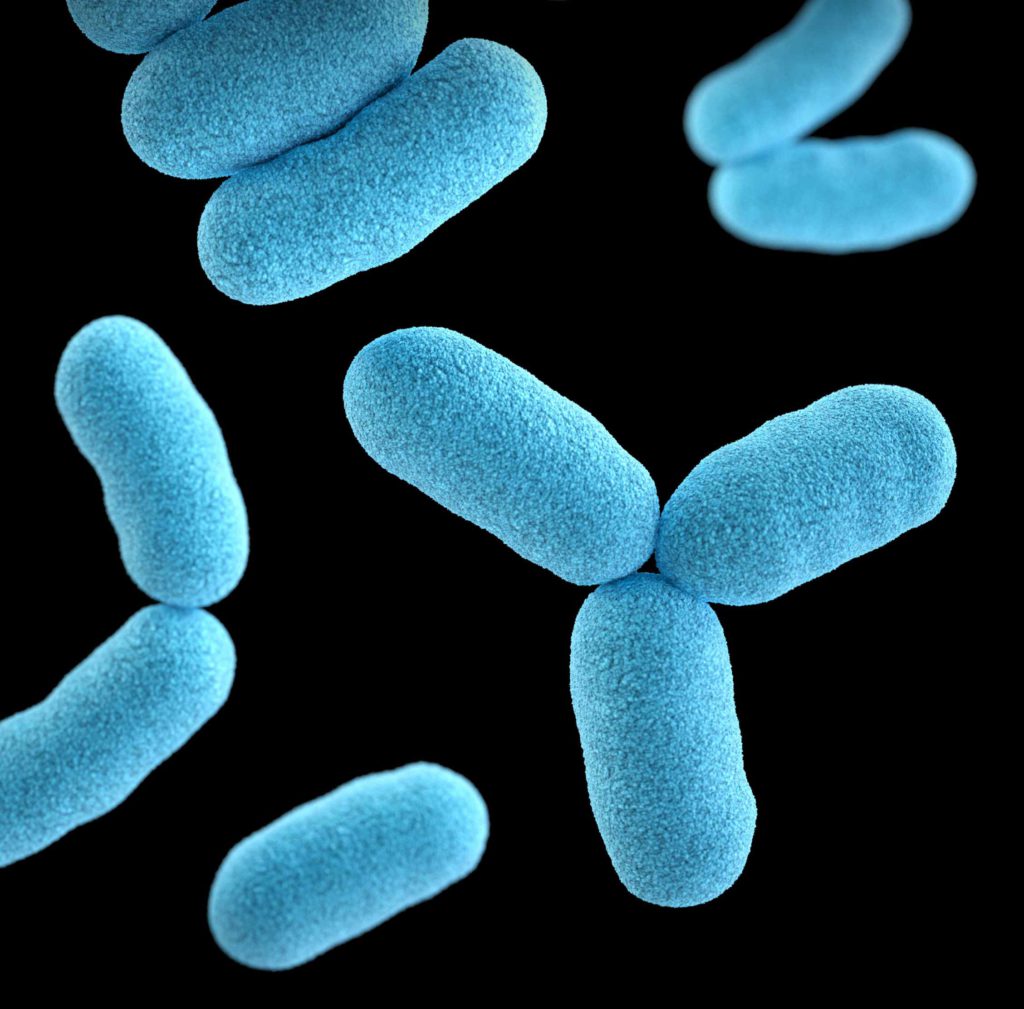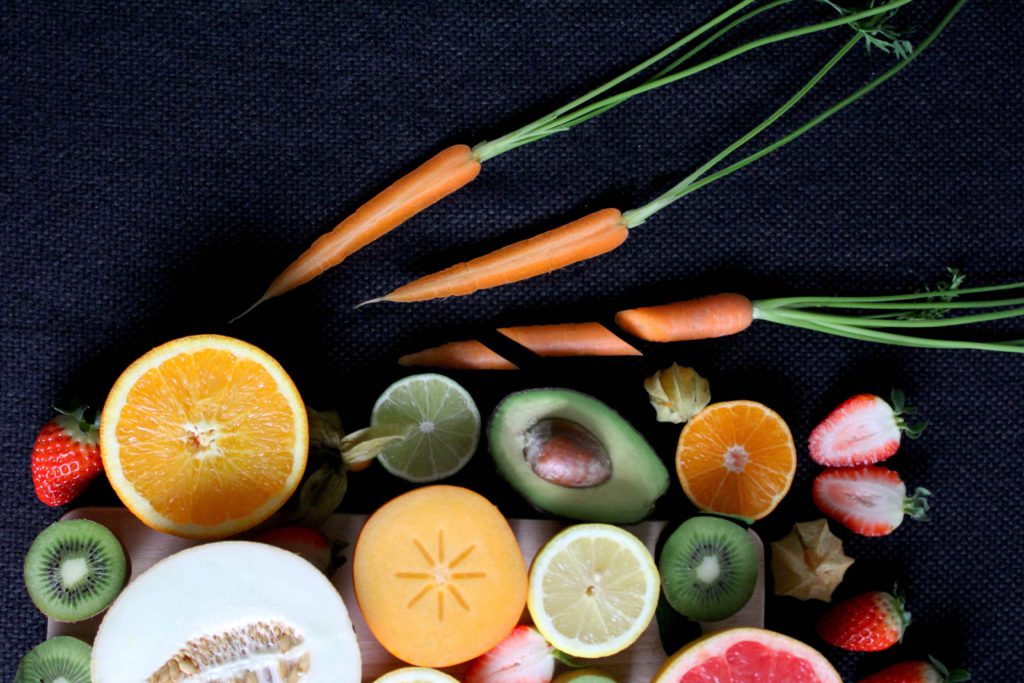We are living in strange times and whilst it may feel as if the end is in sight, for many that brings with it, new anxieties. We have all changed as a result of Covid-19, we may have reassessed and reprioritised but we may also have become isolated and concerned at reintegrating.
What happens to our body and mind when we are scared? Let’s take a look into the biology of fear and the impact it has on our immune system.
Introduction
In any situation our brain is pre-programmed to see the very worst outcome, this is a primal defence mechanism to help us to see a way out of a dangerous situation. This may be helpful when it is to devise a plan to escape from a wild animal but it is not helpful in a situation that is out of our control. With a continual flow of information (news, social media etc) we have a constant worst-case scenario playing out in our minds. Whilst our mind is envisaging this frightening situation(s) it is very hard to switch into a positive mindset, it is also increasingly difficult to concentrate, focus and function through every day life. As the current situation continues for some weeks and months to come, this heightened state of anxiety will begin to take a significant toll on your physical and mental health. This information is designed to help you adopt coping mechanisms and habits to form a new routine and to support your overall health and wellbeing.

How you adapt to this situation now, how you think, move and eat during this time will have a significant impact on both your physical and mental health for years to come.
Here’s a few reasons why.
Immunity
Our immune system has been brought to the forefront of our attention we all need it more than ever but how it performs when you need it is down to how you feed it.
Everyone is unique, your immune system is no different – why do some people get ill and others not? There are many factors you can influence in terms of your own immune response and even the age of your immune system as this can age at a faster or slower rate than your biological age depending on how you live your life!
The lifestyle factors that impact on your immunological age are;
- Smoking
- Obesity – sorry to say it but being obese suppresses the immune system
- Being sedentary is also damaging to the immune system,
- What you eat –
- A particular area in terms of immunity is the health of your gut flora, we know that probiotics can enhance the immune system and that poor gut health is one of the causes of premature ageing, so to support your immune age please take care of your microbiome, this really will support you right now and in the future.
- Include probiotics such as live yogurt
- Eat naturally colourful foods
- Avoid an excess of sugar and processed foods – this may feel like a time when you deserve some ‘comfort’ food but consider cake, chocolate, pies, sweets, pastries etc are nutrient devoid, detrimental to your gut flora, inflammatory and likely to lead to adipose tissue being deposited around your body and organs.

Immune boosting Information: what does your lifestyle say about your physical and mental health? If you have a lot of X please try to take small positive steps in each area.
X = detrimental to the health of this area
√= supports the health of this area
| Immune System | Mental Health | Physical health | Reason | |
| Smoking | X | X | X | Smokers have a much older immune system than non-smokersSmoking increases anxiety and tensionSmoking causes chronic lung conditions Smoking increases the risk of Rheumatoid Arthritis, decreases fertility, depletes you of nutrients (smoking is considered an anti-nutrient) Smoking also weakens your bones and accelerates the ageing process |
| Exercise | √ | √ | √ | Active muscle tissue has excellent immunoregulatory benefitsMood boosting due to the release of Endorphins Supports and strengthens bones and connective tissuesAids restorative sleepLowers blood pressureAids cognitive clarity Decreases neurodegenerative decline |
| Being Sedentary | X | X | X | Thymic decline is linked to physical inactivity and can rapidly accelerate your immunological age. Not moving is also linked to increased probability of Type 2 Diabetes, some cancers and heart disease.Not moving also accelerates the loss of bone-densityBeing sedentary also raises dementia risk |
| Stress | X | X | X | Prolonged stress such as the next few weeks/months can have a huge toll on your physical and mental health – there are many physiological symptoms to look out for – check regularly using our checklist. |
| Relaxation | √ | √ | √ | Relaxation supports the adrenal function which can go into overdrive in times of severe or constant stress.Slowing down and being mindful of the moment has a positive calming and instant effect on your body. |
| Laughter | √ | √ | √ | Laugher reduces stress hormones and raises heart rate to a similar level of moderate exerciseLaughter really can be the best medicine! |
| Time outdoors | √ | √ | √ | Within guidelines spend time outdoors, preferably in a garden where you can be distanced – vitamin D is essential for physical and mental health and overall wellbeing.Being around nature also naturally lowers blood pressure. |
| Sleep | √ | √ | √ | Essential – whilst it may be a tough time to sleep well, it’s also the time that you need it the most!Poor sleep has many knock-on effects including; elevated stress levels, depleted immunity, increased hunger hormones and low mood. |
When it comes to food, there is a lot of nutritional support to fuel your body and support your physical and mental health but, there is also a lot that can do a lot of harm and hinder your bodies immune response and ability to cope with heightened stress and anxiety. Examples below but list not exhaustive!
Foods that harm
- Sugar/high sugar foods
- Mood altering (not in a good way!)
- Supresses the immune system
- Affects quality of your sleep
- Detrimental to the health of your gut microbiome
- Detrimental to your brain function
- Biggest factor in weight gain
Whilst it may feel like it, now is not the time to ‘comfort eat’ by allowing yourself to eat sugar filled foods you are depleting your immune system at a time when you need it most.
Foods that heal
There’s many a reason why nutrition can boost your immunity and healing – the most obvious one is around increasing your intake of antioxidants – these combat the free radical activity by donating (the antioxidant) a spare electron and minimising the damage that the unstable unpaired electron (free radical) can cause. Most natural fruits and veg contain antioxidants, we often think of an orange as being the best source, whilst it’s true that Vitamin C is considered a free radical scavenger (it goes looking for damage) strawberries, kale and broccoli all have more vitamin C than an orange!
I am not being mean when I say try not to comfort eat! In times of stress, we often look for things that comfort us. Often that is food. Unfortunately, there is a big difference between what biological comfort eating is (i.e. which foods really do comfort us and create happy molecules) and the foods that, generally speaking, we crave for comfort (cakes, pizza, chips, chocolate, ice-cream, etc). Once we are in the eating cycle it is very hard to change. You cannot change it simply by eliminating those foods, particularly at times of stress as you will just make yourself feel more miserable.
It’s important to try to understand the role of food and how the nutritional science of the food journey (or biosynthetic pathway) within the body, how certain amino acids work in the body to create neurotransmitters (the chemical messengers within the body) which as part of their many roles is transmitting signals which alter our mood. ‘Comfort’ foods may have a very short term artificial positive impact on your mood but it isn’t sustainable and as the blood sugar drops so does your mood and often, with comfort eating we can end up feeling worse rather than better.
Food can naturally boost/relax our mood as we need it to. The table below gives some examples of foods that help to create neurotransmitters and enable us to feel calm, content, happy, relaxed, excited etc.
| Food items | Impact on mood/emotion | Nutritional science |
| Chickpeas, bananas, almonds, sunflower seeds, spirulina, peanuts. | Calming, content, able to relax, promotes feelings of happiness and enables the body to transition into the sleep phase of the circadian rhythm. | These foods contain the amino acid Tryptophan. This acts as a precursor in a biosynthetic pathway to make the neurotransmitter Serotonin. It is the serotonin that creates the mood-altering feelings associated with these foods. |
| Beans, apples, bananas, beets, watermelon, wheat germ, dark chocolate | Triggering the same feelings you get when you fall in love and when a woman gives birth, oxytocin is referred to as the ‘love hormone’oxytocin is produced by the hypothalamus, the part of the brain that controls certain metabolic processes, such as hunger, body temperature, thirst, sleep and circadian rhythms.Oxytocin is a powerful hormone which is created by sensory stimulation, food can trigger it as can the smell/thought/memory of food. | These foods aid production of Oxytocin – this is often referred to as the ‘love hormone’ as it is associated with feelings of intimacy. No foods contain oxytocin but those listed can enhance production. |
| Proteins – seeds, wholegrains | These foods and the nutritional science they create impacts on; motivation, attention, happiness, management of pain, cognitive function, heart rate, blood vessel function and sleep. | These foods contain the amino acid Tyrosine. This acts as a precursor in a biosynthetic pathway to make the neurotransmitter Dopamine. Dopamine is associated with pleasure and reward along with the many functions in the body as outlined. With dopamine it is very important to trigger this naturally rather than via addictive foods such as high sugar/high fat items. Remember the pleasure and reward centre of the brain is also where addictions are formed. |
| Chocolate (definitely dark) preferably raw cacao as this is high in magnesium which triggers the brain’s production of natural opioids.Foods rich in vitamin C Foods rich in selenium (like brazil nuts) as selenium has mood-enhancing properties | Eating these foods will trigger the bodies’ natural pain relief and enhance mood. | Endorphin – like oxytocin this is a hormone. Endorphins are the bodies’ natural pain relief, having the same effect as morphine.Usually associated with people who exercise and for good reason; people who are active have significantly higher levels of endorphins, and as exercise is addictive so are the endorphins. |

Many people underestimate the influence that nutrition and lifestyle can have on their overall mental and physical health but please remember this; the foods you eat impact on every cell in your body – that’s every movement, every decision and every emotion.